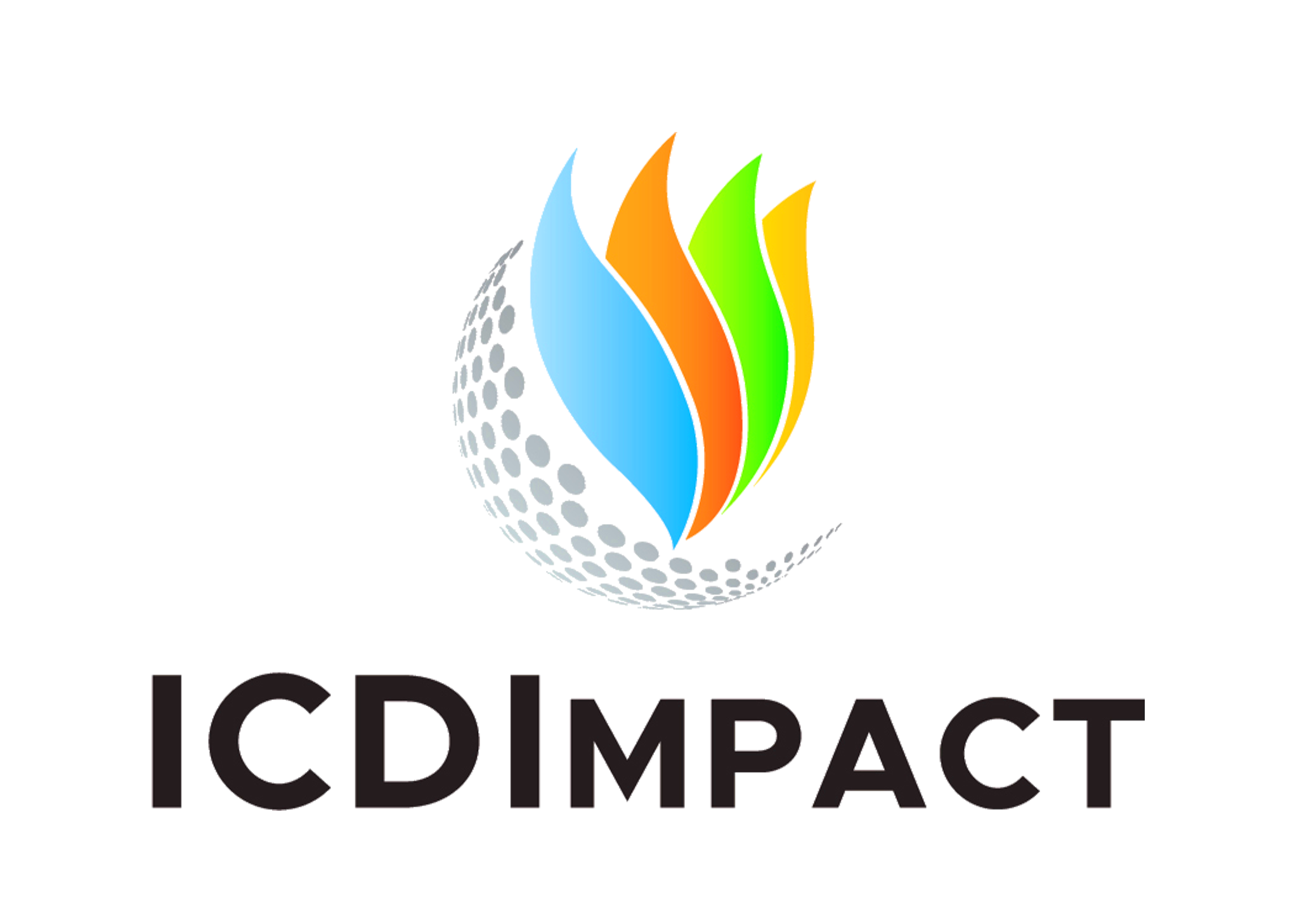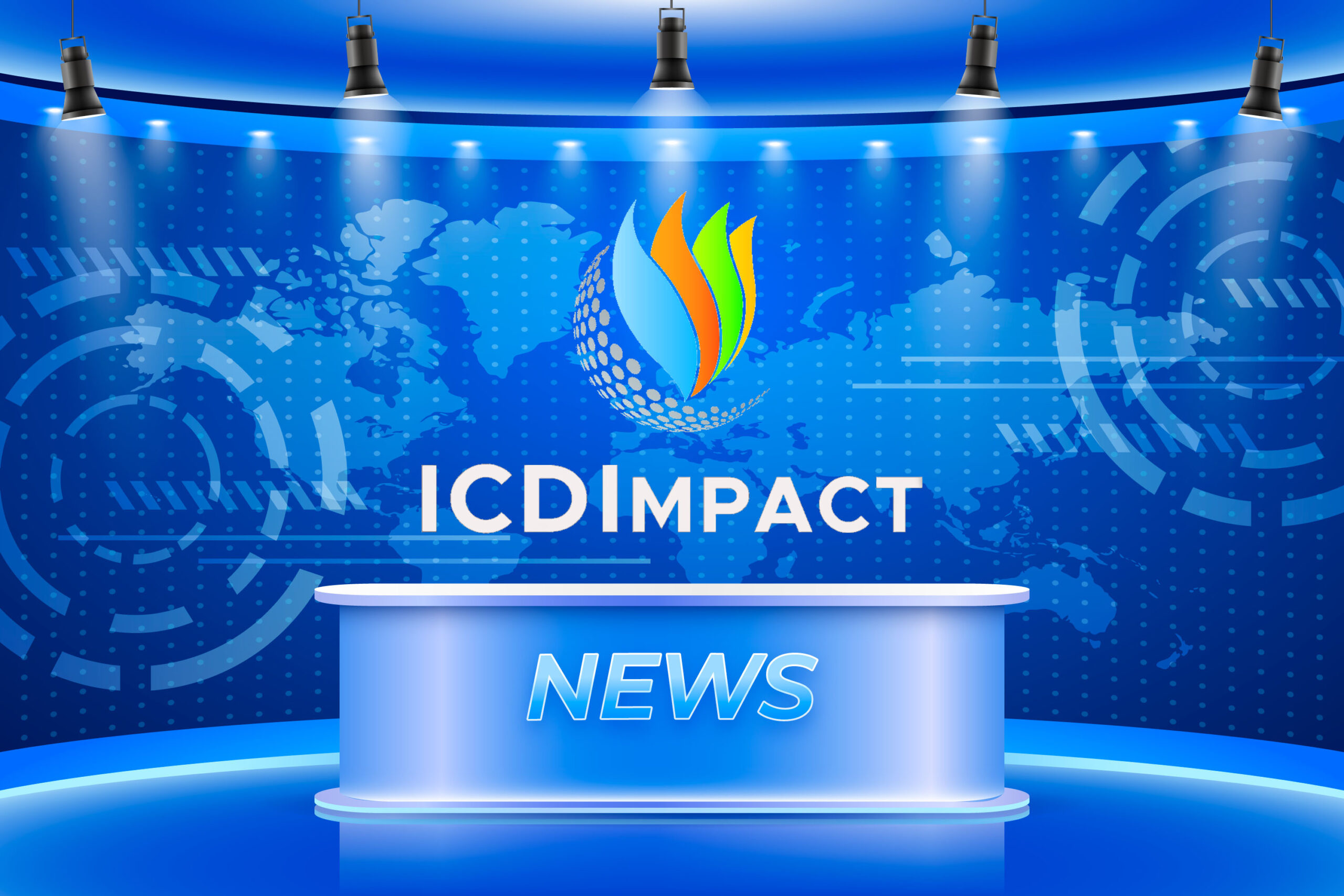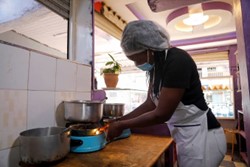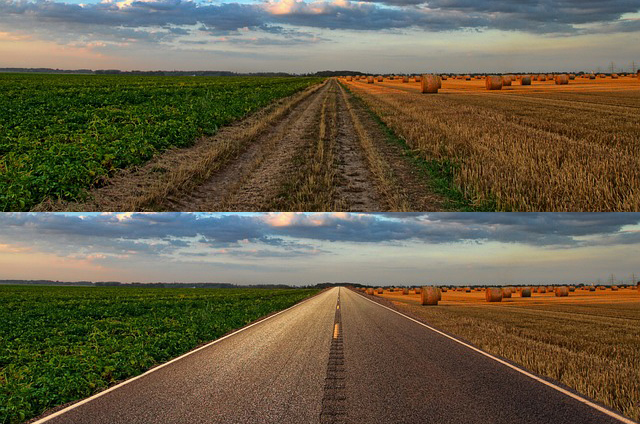Focus on Ethanol Clean Cooking
Lessons learned in 2023
The year 2023 started with formation of Ethanol Impact Consortium (EIC) for promoting Ethanol Clean Cooking and Private sector engagement on Clean Cooking initiatives in West Africa, and the year ended up with an interesting Diagnostic study on Ethanol Clean Cooking in Sierra Leone. This has led to development of Country program for this country. Interim we conducted dialogue workshop, initiated partnerships discussion with ECREEE, Government of Africa, PIVOT, U.S, UN Agencies, and amongst others.
What we also learnt that there is dearth of initiatives on Ethanol Clean Cooking in several countries in the West Africa due to lack of such energy access into cooking and heavy rely on the fossil fuel mode of cooking practices. Using ethanol fuel and other alternate mode of clean cooking mechanism will lead to strengthen the carbon reduction in these regions and also ensure healthier home living environment due to less indoor pollution. Also empower the women in the households into savings from fuel cost and better living standards.
With these initiatives, we are foraying into the most important year 2024 on Clean Cooking where there is lots of buzz on Clean cooking grants, investment opportunities and most valued carbon financing programs from donors, institutions, government, private sector and UN Agencies.
How ICDI & EIC see Ethanol Clean Cooking in 2024
With the passage of time soon Ethanol Clean Cooking sector will spur in the programs being announced in countries like Africa and low developed countries. As such program directly engage with household community and impacts are at grass root level involving the needy and poor community in these countries who are deprived of the energy access into better and quality cooking country program. As a team we envisage the following developments in these areas.
- Availability of Grants and Funding opportunities for such program.
- Development and engagement of Private sector into such program.
- Country level reduction in carbon emissions from fossil fuel.
- Facilitate better healthcare, education, equity.
- Economic and micro industry development due to i.e. micro-distillery of ethanol production and stove manufacturing, and its distribution.
- Design, development, implementation and monitoring of Ethanol Clean Cooking Country Program.
- Sensitization of key stakeholders of the country program.
- Act as catalyser in program coordination and its management with results.
Convergence from COP28
Topics from COP28 [1]:
- Adaptation and resilience
- Capacity-building
- Climate Finance
- Climate Technology
- Cooperative activities and SDGs
- Education & Youth
- Gender
- Global Stocktake
- Innovation
- Land Use
- Local Communities and Indigenous Peoples Platform
- Market and Non-Market Mechanisms
- Mitigation
- Pre-2020 Ambition and Implementation
- Science
- The Ocean
Clean Cooking Alliance and Partners Prioritize Clean Cooking at COP28[2]
Clean cooking was a prominent topic at the 28th United Nations Climate Change Conference (COP28) in Dubai. The Clean Cooking Alliance (CCA) and partners ensured that clean cooking was at the forefront of discussions around climate change, environmental sustainability, carbon finance, investment, gender equality, food systems, and sustainable cities.
Just a few of the many highlights from COP28 include:
CCA, the African Development Bank (AfDB), and the International Energy Agency (IEA) joined forces to help African governments deliver clean cooking for all. The new African Clean Cooking Consortium will address the actions required to achieve universal access to clean cooking in Africa, including country-level planning, establishing Delivery Units, developing country programs, and catalyzing investment.
Clean Cooking is yet to be embedded to the main stream discussion at the COP. Though we feel its importance in creating long term impacts on bottom of the pyramid and directly affected community in the low developing countries.
Connecting ORIS to UNIDO & the creation of Roads4People – Rural Road Fund
Roads are the “life veins” that brings access to areas or regions to become connected. This is very apparent in urban areas, however, rural areas, in majority of times are neglected due to other urban priorities as well as lack of funding. Despite communities living in such rural areas, needing access to properly paved roads, the shortcomings of governance on this aspect seem to be missing.
The World Bank is very well aware of this issue, and have stated:
“Investments in road infrastructure to enhance access and mobility have been an important part of World Bank’s strategy of fighting poverty and increasing shared prosperity since its inception…”
This is a challenge, that ICDI was accepting to tackle. Since connectivity of rural areas can enhance growth of the region in many fields i.e. easy access to Urban civilization, easier commute, better possibilities in job creation, safer paths for children to get education, creation of new trading opportunities, exports of local goods as well as a upgrading general wellbeing of rural communities which in return supports and enhances the growth of the country’s economy.
ICDI seasoned consultants addressed the first and foremost shortcoming to be the funding for such mission. In most developing countries, most projects are partially funded by the local governments, however, much support is given from International Financial Organizations, i.e. World Bank, African Development Bank to name a few. Much of the arrangement and support of the work is also conducted by United Nations Industrial Development Organization (UNIDO).
The quest was clear – thus ICDI had looked into the product that ORIS offered, which is the first construction materials platform for a smart use of construction resources and low impact infrastructure. The users benefit from digital engineering services for a smarter use of materials (optimization of costs, carbon impact, natural resources consumption, etc.). Through its platform, ORIS is committed to enable all players within the ecosystem to make informed decisions for more sustainable, resilient, and safe linear infrastructure. and found it a to be high Impact solution for social and wellbeing of the population using the roads and connectivity in their region.
It was a long road but worth the outcome. With the support of ICDI, ORIS signed a partnership agreement with United Nations Industrial Development Organization (UNIDO) to create a groundbreaking initiative to optimize large road infrastructure projects and the delivery of sustainable and inclusive rural roads.
Through ORIS and the optimization of the road construction, the costs are considerably reduced, hence the idea that was born through ICDI, was to use the savings to repair, upgrade or construct new roads for the rural population. The new rural roads would ease the commute and connection to the main roads which would being much benefit for its rural community – this would be of advantage for the whole population of a country, especially in developing countries. This would be a relative immediate quantifiable outcome, in addition to positive Ecological Impact in lowering dramatically the CO² emissions, reduction in road fatalities due to the road safety design, as well as the design calculation of the material due to the geological/climate location of the roads, hence longevity of the roads.
“We are thrilled to sign this innovative partnership and are eager to collaborate with UNIDO in enhancing rural connectivity. We firmly believe that the use of advanced digital technologies such as data science, AI/ML in road construction will be transformative for our industry towards greater sustainability and inclusivity. Through this collaboration, we aim to demonstrate how digitalisation provides a fresh and innovative approach towards achieving these development goals.” Nicolas Miravalls, CEO of ORIS.
Our focus was to expand this idea to reach current road projects that are financed through development banks, public organizations as well as local governments. In this view, ICDI looked into introducing ORIS to UNIDO having the most solid and sustainable network and partners in the developing world.
It all began 2018, and with the interest and support of UNIDO executives, the idea became practice. On the 10th July 2023 a ground breaking agreement, under “inclusive roads” was signed between ORIS and UNIDO. We believe through this agreement many upcoming road projects will profit from the social and economic impact it will offer for the benefit of its region. We are already monitoring and supporting projects in several African countries, and would like to expand to SAARC region and South America.
“From UNIDO point of view, we’re promoting the improvements of people’s living standards in the rural areas. And without infrastructure, there’s no chance to make developments. Also, it is a sector in which UNIDO is not involved because it requires too many investments, so through this program we’ll be able to leverage more, enhancing institutional capacity building. ORIS is innovative, dynamic and with the word “sustainability” as a conscious perspective. This company is willing to contribute to the world and with their diligence and professional competences, we should give them a chance. It is a pure public/private partnership.” Weixi Gong, Chief, Division of ITPOs and Institutional Partnerships at UNIDO
Through our present endeavor in this field, we have come across some challenges due to lack of information for this new technology ORIS is offering. One had been a well-known product that many development banks and public organizations have been using, known as Highway Development Management (HDM-4). HDM-4 is a software to analyze and manage road networks maintenance, improvements and investment decisions. It has been developed to support public ministries and asset
managers at a network level to prioritize and hierarchies the road portfolio from a planning standpoint. It stands on countries’ major indicators, trends and historical records to approximate the project overview and road networks strategies. ORIS does not interfere with HDM, but fully complimentary to it, and adds parts and information where is missing in HDM software.
Just a small examples without getting into too much details; ORIS is a technical digital platform for project portfolio assessment including: Safety, Resilience, accurate LCA and carbon emission with certified approach, costs estimates on real context, material consumption, environmental impacts. HDM4 is a policy support software with: LCA focused on use phase, cost estimates on past projects, resource consumption, but no safety analysis, nor resilience analysis.
To conclude, we believe there ORIS will bring high level of Impact in the globe, starting now and into the future. It is complimentary to any Road Construction software, and it one of its kind at present. Bringing sustainability, Reducing CO² tremendously for each road construction, reducing construction costs, and connecting rural through roads to support growth and wellbeing through this specific social impact.







